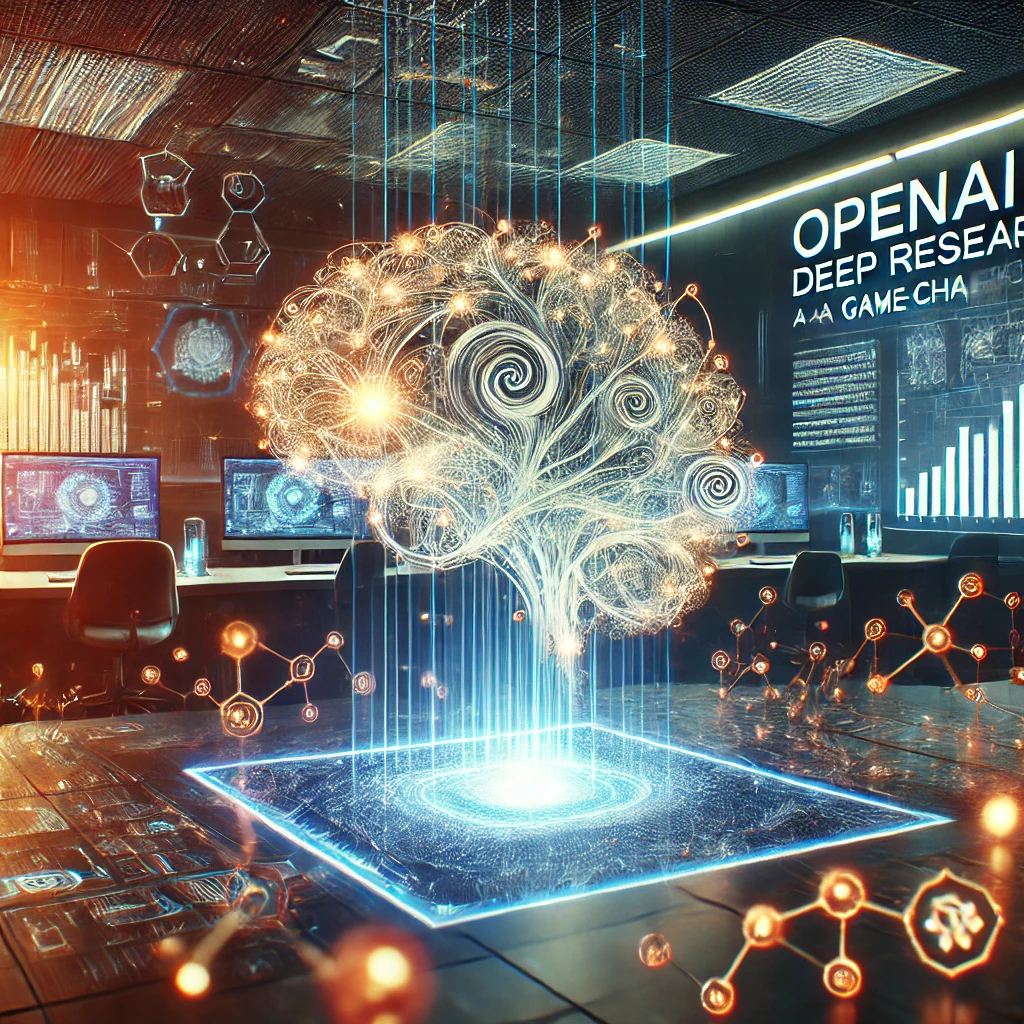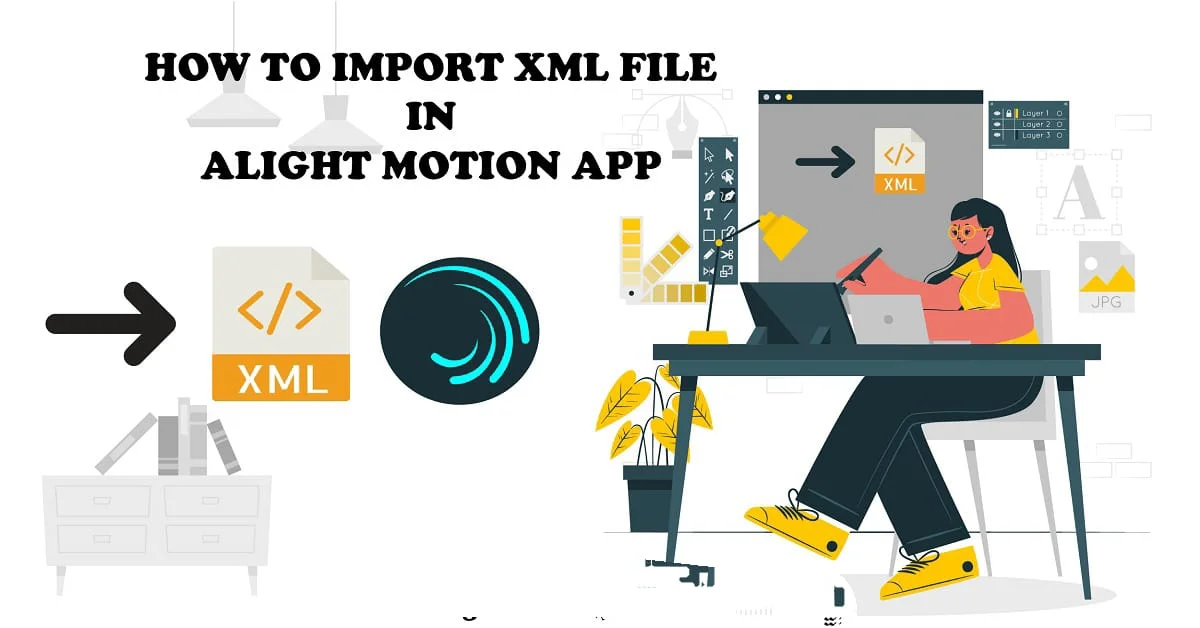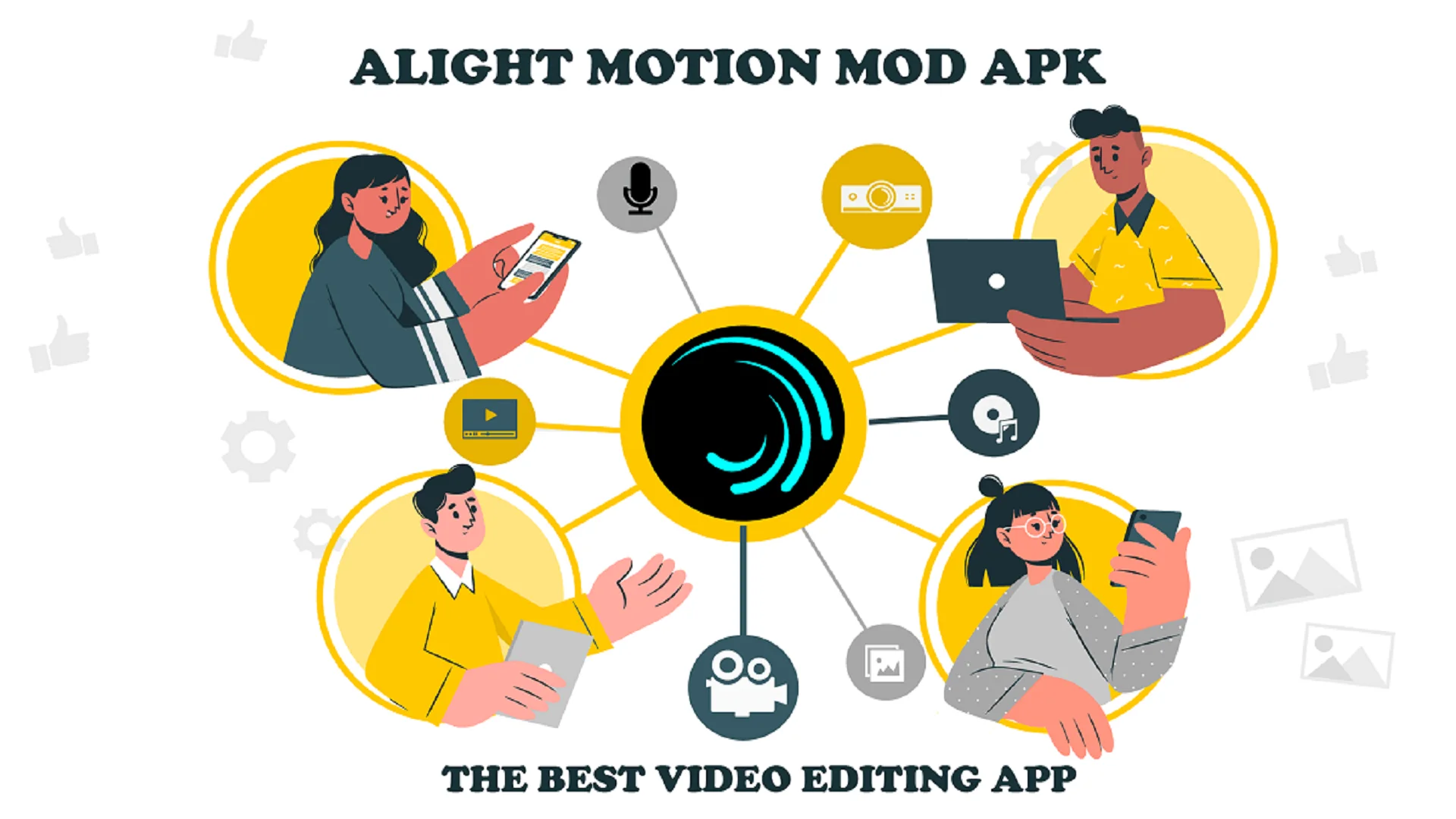Your cart is currently empty!

OpenAI Unveils Deep Research: A Revolutionary Leap for AI-Powered Innovation
OpenAI has introduced Deep Research, a cutting-edge AI-powered research tool designed to conduct complex, multi-step research tasks autonomously. This new feature builds upon OpenAI’s existing AI capabilities, offering more advanced data gathering, analysis, and summarization in response to user queries. With the ability to sift through diverse online sources including websites, PDFs, and spreadsheets. Deep…
OpenAI has introduced Deep Research, a cutting-edge AI-powered research tool designed to conduct complex, multi-step research tasks autonomously. This new feature builds upon OpenAI’s existing AI capabilities, offering more advanced data gathering, analysis, and summarization in response to user queries. With the ability to sift through diverse online sources including websites, PDFs, and spreadsheets. Deep Research aims to revolutionize how information is retrieved and analyzed.
This article explores the features of Deep Research, its improvements over previous versions, its potential impact, and the challenges it may face.
Table of Contents
What is Deep Research?
Deep Research is an enhancement to OpenAI’s ChatGPT browsing capabilities, allowing AI to plan, execute, and summarize research tasks independently. While ChatGPT has previously been able to answer questions based on general knowledge and browsing, Deep Research takes this further by:
- Breaking down research tasks into multiple steps
- Retrieving and analyzing information from various online sources
- Providing well-structured reports with citations and key takeaways
- Handling complex data formats, including text, images, PDFs, and spreadsheets
This upgrade positions Deep Research as a powerful tool for researchers, professionals, and businesses, drastically reducing the time required to find, verify, and compile information.
How Does Deep Research Work?
Deep Research operates by executing multi-step research queries. Instead of simply retrieving a single web result, the AI follows a structured approach:
- User Query Submission: A user submits a research question or request, providing additional context if needed.
- AI Research Planning: The AI determines the most effective way to find relevant information, planning multiple steps to conduct research.
- Web and Data Analysis: Deep Research scans online sources, analyzing text, PDFs, spreadsheets, and images to gather insights.
- Summary and Citations: The AI organizes findings into a structured report, ensuring that sources are cited for verification.
- Review and Refinement: Users can review the research and request further refinements or deeper analysis if needed.
This method ensures that complex research tasks that would typically take hours can now be completed in minutes.
Comparison: Deep Research vs. Previous Browsing Capabilities
| Feature | Previous Browsing (GPT-4) | Deep Research (New) |
|---|---|---|
| Single vs. Multi-Step | Retrieves answers based on a single web search | Conducts multi-step research and analyzes complex queries |
| Data Processing | Mostly text-based browsing | Handles text, PDFs, images, and spreadsheets |
| Report Generation | Basic responses with links | Generates detailed research reports with citations |
| Time Efficiency | Users must manually verify and structure data | AI organizes findings in minutes |
| Uncertainty Handling | May struggle with ambiguous queries | Identifies uncertainty and provides balanced perspectives |
With these improvements, Deep Research enables users to conduct in-depth investigations on various topics without requiring advanced research skills.
Who Can Benefit from Deep Research?
1. Researchers & Academics
- Quickly gather and analyze large amounts of data
- Generate structured reports with citations
- Reduce time spent on literature reviews
2. Journalists & Writers
- Find reliable sources and compile fact-checked information
- Discover new angles on complex topics
- Avoid misinformation and cross-check findings
3. Business Analysts & Professionals
- Conduct competitive market research
- Analyze trends and business insights
- Speed up decision-making with data-driven reports
4. Students & Knowledge Seekers
- Simplify the research process for assignments and projects
- Access summarized academic and technical data
- Learn efficiently without spending hours searching for reliable sources
Challenges & Limitations of Deep Research
Despite its potential, Deep Research is not without challenges:
1. Accuracy & Source Reliability
While Deep Research cites its sources, it does not guarantee the accuracy of all information retrieved from the web. Users should cross-check critical data before relying on it for decision-making.
2. Handling of Controversial Topics
The AI is designed to provide helpful and neutral answers, but in politically or scientifically controversial areas, it may struggle to offer unbiased perspectives.
3. Cost & Accessibility
Deep Research is initially available for ChatGPT Pro users ($200/month) with 100 queries per month. While OpenAI has plans for broader availability, pricing may be a barrier for casual users.
4. Distinguishing Fact from Opinion
AI models still face difficulties in differentiating factual information from opinion-based content, making it necessary for users to verify conclusions drawn by Deep Research.
FAQs About OpenAI’s Deep Research
What is Deep Research?
Deep Research is a new AI feature from OpenAI that allows ChatGPT to conduct multi-step research tasks, analyze various data formats, and generate structured reports with citations.
How is Deep Research different from previous ChatGPT browsing features?
Unlike basic browsing, Deep Research plans multi-step research processes, retrieves information from multiple sources, and provides detailed summaries with verified citations.
Who can use Deep Research?
Currently, Deep Research is available for ChatGPT Pro users ($200/month). OpenAI plans to expand access to more users in the near future.
Can Deep Research analyze PDFs and spreadsheets?
Yes! Deep Research can process PDFs, spreadsheets, and images, allowing for more comprehensive data analysis.
Is Deep Research completely accurate?
While Deep Research aims to provide accurate and cited information, users should cross-check sources and be mindful of potential errors or biases.
When will Deep Research be available on mobile and desktop apps?
OpenAI has announced that mobile and desktop support will roll out by the end of February.
Will Deep Research replace human researchers?
No. While it accelerates research tasks, human oversight is still essential to ensure accuracy, critical thinking, and nuanced understanding of complex topics.
Interesting Read: Top Tech Companies, The Ultimate Guide to the Top Tech Companies in the U.S.: Jobs, Growth, Salaries, and Perks 2025


